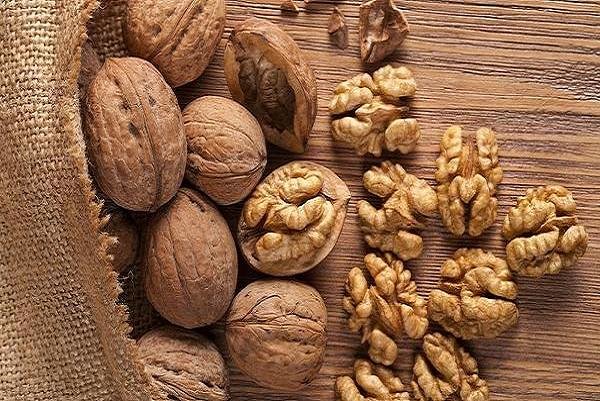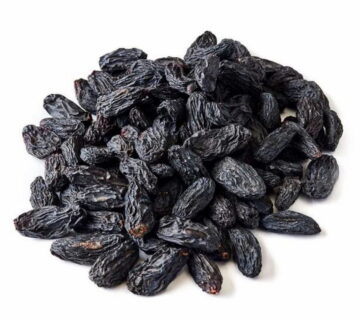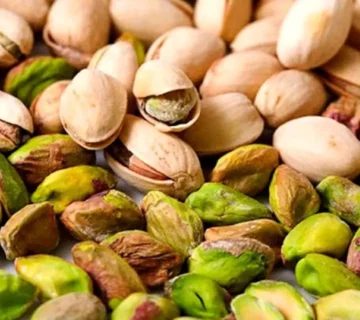
Since ancient times, the use of herbs and traditional methods compared to pharmaceutical methods has been and is among the best and least complicated choices and treatment methods. Walnut, as one of the most useful and widely used nuts, is used in the treatment of many diseases. Not only the walnut itself, but even the leaves of the walnut tree have well-known healing properties.
Walnuts, as mentioned, are effective in improving various diseases, including previous vascular diseases and diabetes. Walnut and its healing properties, although it has a strong link with diabetes, it does not cure it and can only control and improve it by affecting things like hunger, blood sugar reduction and insulin regulation. For this reason, including it in your diet will not be without grace.
How does diabetes occur?
When the blood cells cannot absorb glucose properly or there is a disturbance in the insulin secretion process and as a result the body cannot control the basic and correct secretion of insulin, diabetes appears. Therefore, diabetes occurs when the pancreas fails to function. For this reason, people with diabetes should be very careful about their diet, because consuming even the healthiest foods can increase blood sugar levels.
Among the complications of diabetes that has not reached the normal level and is not controlled are stroke, damage to the kidneys, and diseases such as heart and blood vessels and vision.
Walnuts and diabetes
Knowing the connection between walnuts and diabetes is essential for people with diabetes because walnuts can help improve their condition. If you have diabetes, you know that the foods you eat affect your blood sugar levels in many ways. Walnuts can be considered useful for diabetes because they have less impact on blood sugar compared to other foods.
Walnuts are very low in carbohydrates (a nutrient that raises blood sugar levels more than protein and fat). Additionally, the protein, fat, and fiber in walnuts can prevent the sudden spike in blood sugar that can occur after eating (especially high-carb foods).
People who are at risk of developing type 2 diabetes can also replace the high-carbohydrate and refined foods that they often eat (such as bread, chips, pasta) with low-carbohydrate and high-protein foods such as walnuts and Use other types of nuts. Research shows that eating 28 grams of walnuts five or more times a week is associated with a significantly reduced risk of type 2 diabetes.
Nuts have many benefits for people with diabetes, and studies have shown that they can even reduce the risk of developing type 2 diabetes.
The results of a study have shown that nut consumption is associated with a reduction in the prevalence of selected risk factors for type 2 diabetes, cardiovascular disease, and metabolic syndrome.
The benefits of different nuts for people with type 2 diabetes
Different nuts have different benefits for diabetics. This means that each type of nut has special properties for the body. The reason for this difference in properties is due to the nutritional compounds in nuts and their amount. For example, almonds are a rich source of vitamin E, walnuts are rich in omega-3 fatty acids, and cashews are rich in magnesium.
Of course, there are also common properties between nuts. For example, pistachios, almonds, and peanuts can all help lower bad cholesterol.
Almost all nuts are good for people with diabetes. But the consumption of salted nuts should be avoided because the continuous consumption of large amounts of salt can lead to an increase in the risk of heart disease.
Walnuts are rich in nutrients and contain protein, fat, fiber, copper, manganese, phosphorus, vitamin E, polyphenols and plant sterols. 7 walnuts (equivalent to 30 grams of nuts) contain about 185 kilocalories of energy, 3.9 grams of carbohydrates (almost half of which is fiber), 18.5 grams of fat and 4.3 grams of protein.
Conclusion
The relationship between walnuts and diabetes and the positive effect that walnuts have on diabetes have been determined by researchers. Nuts that improve cardiovascular health, such as walnuts, almonds, and pistachios, appear to be beneficial for people with diabetes. These nuts are a good choice for people with diabetes, but salted varieties should be avoided.
Have a safe and easy shopping experience by buying nuts and dried fruit from SANA store
Contact us to order this product
phone number: (+971) 42 522 151
fax number: (+971) 42 383 277
Email: sales@sanawt.com






No comment